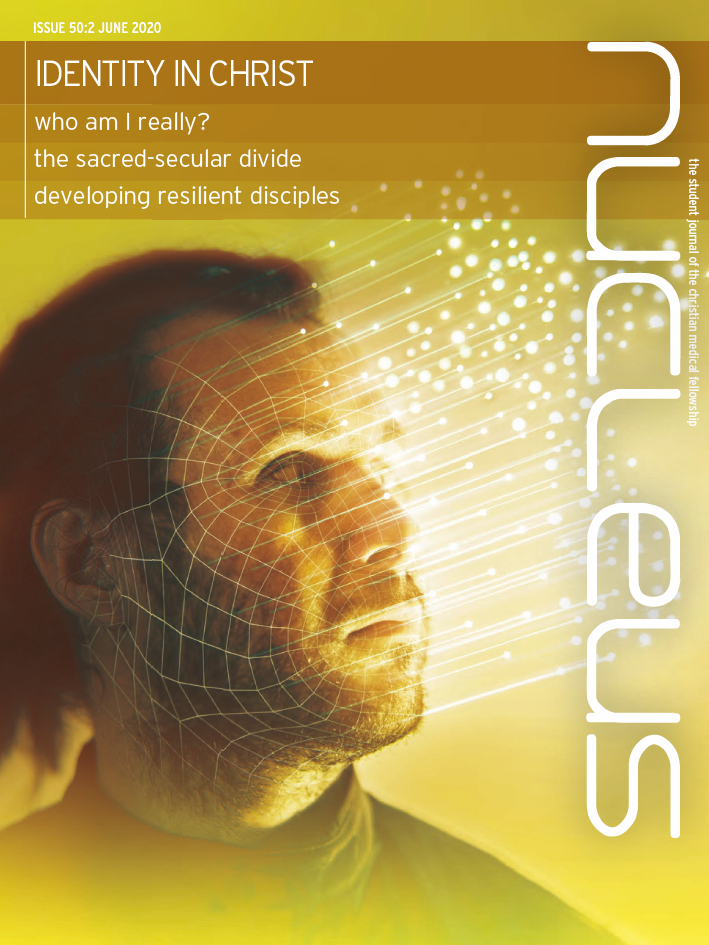Helen Rimmel is a medical student at Imperial College, London
'I had been rushed to hospital with chest pain...I cried when I learned how the people at church prayed for me because I remembered how different it was… when I became acutely ill with schizophrenia.'As this account shows, fear and misunderstanding of mental illness in the church can lead to sufferers being offered poor counsel or becoming isolated from their church family. How then can Christians instead be well-equipped to help and heal the mentally ill?
Professor Thomas' book provides a view on mental illness that is both accessible and nuanced. It goes beyond theology and theory to offer wonderfully practical guidance for making the deep relationships that exist within a church family valuable to recovery.
The book explores philosophical and historical lenses on mental illness, the difficult question of personal responsibility, options for psychiatric treatment and ends with case studies of each of the major mental illnesses.
Thomas avoids both over-spiritualisation and over-medicalisation, instead emphasising the 'psychosomatic wholeness' of humanity that makes it impossible to consider our body and soul separately. For this reason it seems to be a hugely useful tool for ensuring churches neither desert the mentally ill, entrusting them solely to the care of clinicians, nor try to impede their access to medical help by considering their illness as wholly spiritual.
This book offers clear guidance and hope in the face of a form of suffering that is often so taboo, and I recommend it as an invaluable resource for medics and non-medics alike.
'I had been rushed to hospital with chest pain...I cried when I learned how the people at church prayed for me because I remembered how different it was… when I became acutely ill with schizophrenia.'As this account shows, fear and misunderstanding of mental illness in the church can lead to sufferers being offered poor counsel or becoming isolated from their church family. How then can Christians instead be well-equipped to help and heal the mentally ill?
Professor Thomas' book provides a view on mental illness that is both accessible and nuanced. It goes beyond theology and theory to offer wonderfully practical guidance for making the deep relationships that exist within a church family valuable to recovery.
The book explores philosophical and historical lenses on mental illness, the difficult question of personal responsibility, options for psychiatric treatment and ends with case studies of each of the major mental illnesses.
Thomas avoids both over-spiritualisation and over-medicalisation, instead emphasising the 'psychosomatic wholeness' of humanity that makes it impossible to consider our body and soul separately. For this reason it seems to be a hugely useful tool for ensuring churches neither desert the mentally ill, entrusting them solely to the care of clinicians, nor try to impede their access to medical help by considering their illness as wholly spiritual.
This book offers clear guidance and hope in the face of a form of suffering that is often so taboo, and I recommend it as an invaluable resource for medics and non-medics alike.































